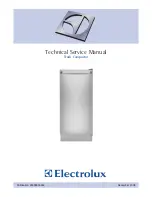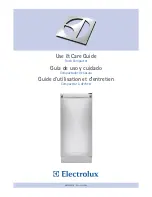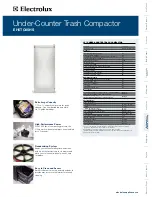
INTRODUCTION
Torque - Standard torque data for hydraulic connections
General information
• Hydraulic connections require a minimum assembly torque in order to provide zero leakage at rated pressure with
adequate fatigue resistance. Over-torquing of a hydraulic connection can also lead to leakage or failure. For some
connections, CASE IH requires a different torque value than is listed in the ISO and SAE standards.
• The torque values in this document should be used whenever possible or applicable.
NOTICE:
Always follow the instructions in this manual for specific torque values when you service components.
The information in this section is for general guidance only when a procedure contains no specific torque value.
Tolerance
• The tolerance for all torque values is ±
10%
. This tolerance must include all assembly variation, not only the torque
wrench repeatability.
Lubrication
Application of grease or other lubricants to hydraulic connectors should be avoided. If clean hydraulic oil is already
on the connection, it is not required to remove the oil. Generally, application of grease:
• May cause a significant change in the torque required to properly tighten the connection.
• May reduce the connection’s resistance to vibration.
• Excessive grease may displace an elastomer seal during tightening.
• Grease extrusion when connection is tightened may be mistaken for leakage.
CASE IH products generally use O-Ring Boss (ORB) connectors that have Teflon™-coated O-rings, eliminating the
need for O-ring lubrication during installation. For connections which are made into aluminum manifolds or with stain-
less steel connectors, it may be required to apply a lubricant to prevent galling.
Use of
L
OCTITE
®
and other thread-locking compounds is prohibited. These compounds:
• May cause a significant change in the torque required to properly tighten the connections.
• Reduce the serviceability of the joint.
• May prevent the O-ring from properly sealing if the compound gets on the O-ring.
48144025 23/06/2017
24












































